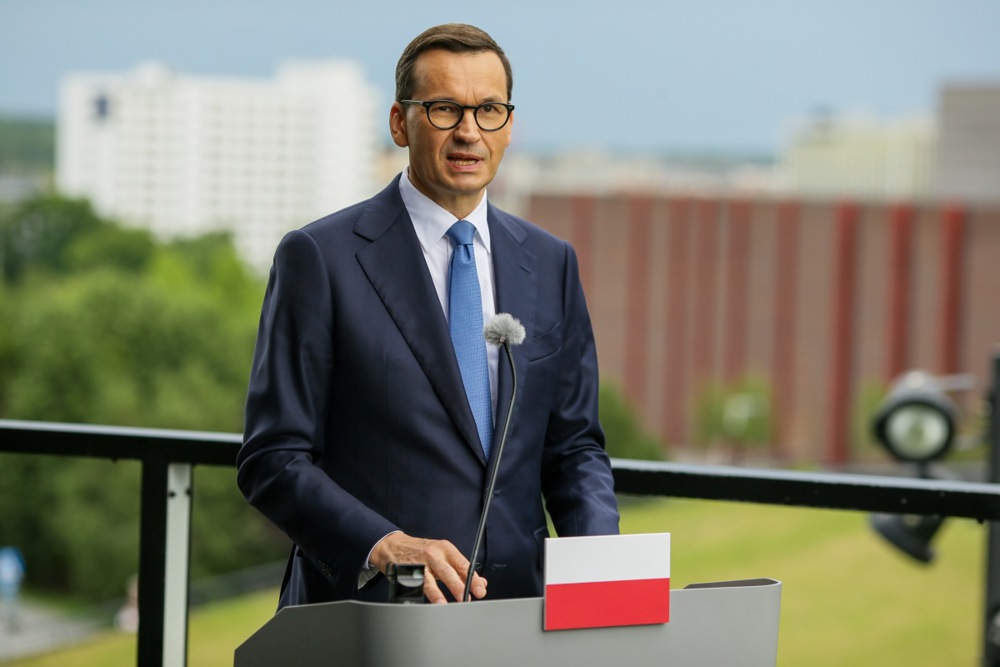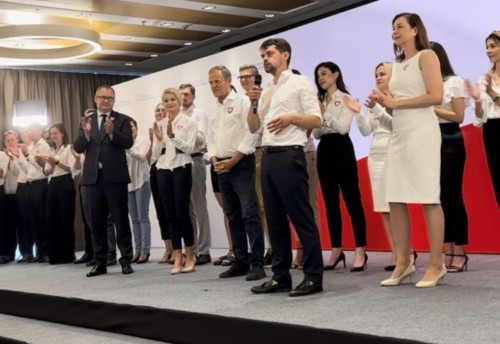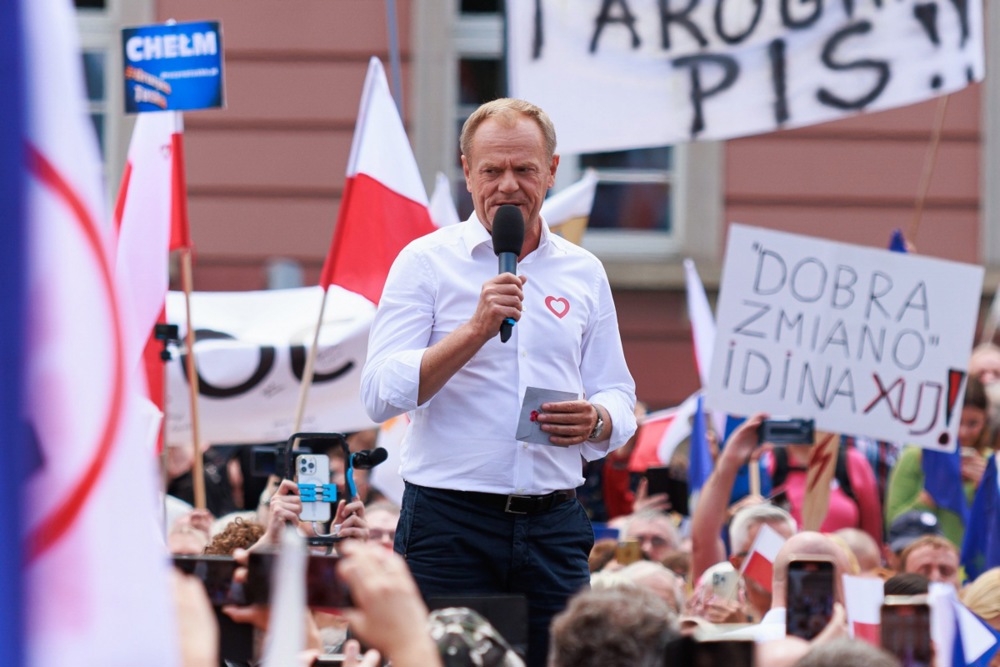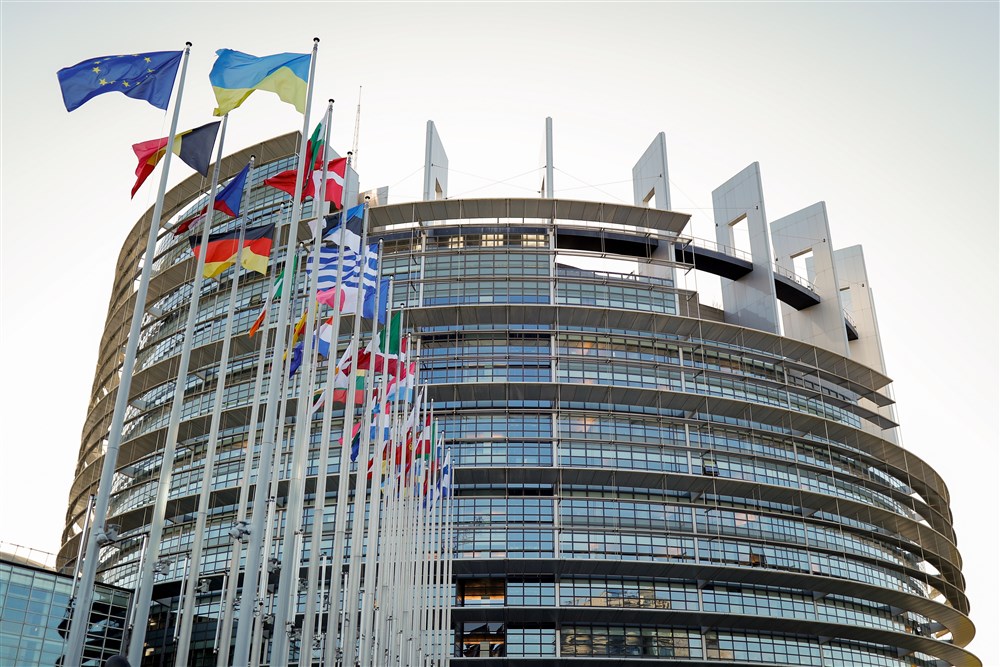Poland’s main opposition block led by Donald Tusk said it will have in place more than 50,000 observers monitoring the general elections set to take place in the country on October 15.
The Organisation for Security and Co-operation in Europe (OSCE) has confirmed that it will also have an observers’ mission in place.
The opposition’s announcement was made on September 3 by Barbara Nowacka MP at the annual Congress of Women held in Poznań. She said more than 50,000 people have volunteered to undertake the monitoring, meaning that the opposition block would be able to field observers in every electoral precinct for the national vote.
Nowacka justified the move by saying that the election must be monitored because the ruling conservative PiS “are capable of committing every act of dishonesty to cling onto power”.
She also accused PiS of using state funds to help finance its own electoral campaign, claiming that meant the elections were in danger of not being free, fair and democratic.
The idea of appointing thousands of observers was originally floated by Tusk back in January when he called for greater scrutiny of the election process to avoid possible cases of manipulation and fraud.
Tusk’s appeal came after parliament approved changes to the country’s electoral legislation, designed to increase voter participation and access to polling stations.
The move was later echoed by both the European Parliament and the European Commission who called for the OSCE to appoint a full mission of monitors for this autumn’s elections.
Neither Tusk nor Nowacka gave any examples of electoral violations from previous elections in Poland, which received a clean bill of health from all international bodies that covered them. Moreover, the opposition itself has not challenged the results.
On September 4, the OSCE’s Office for Democratic Institutions and Human Rights was invited by the Polish Government to conduct a Limited Election Observation Mission in line with the obligations Poland has accepted as an OSCE member. This will be the sixth time the OSCE has monitored elections in the country.
The mission will be comprised of 11 international experts based in Warsaw and 20 “long-term” observers deployed throughout the country. They will assess the voter and candidate registration systems, campaign activities and election administration.
Of special interest to the mission will be recent legislative changes, election campaign financing and the role and conduct of the media, all areas in which previous OSCE missions have commented upon.
The OSCE initiative will not be engaged in systematic observance of the actual vote or the counting, apart from visits to selected polling stations. Neither will it be monitoring a referendum to be held on the same day.
Douglas Wake, the head of the OSCE observers’ effort, confirmed to Brussels Signal that both its and the volunteer opposition efforts were entirely separate as the “OSCE mission was independent of any political party”.
Polish Prime Minister Mateusz Morawiecki said that his government has no objections to the OSCE observers verifying the electoral process as elections in Poland were held according to democratic principles.
Morawiecki said he regretted that the OSCE had not reviewed the 2014 local government elections during the lifetime of the government then led by Tusk and which were dogged by what he said were “gigantic irregularities”.
He was referring to the breakdown of the computing system for reporting results and an ambiguous instruction on one of the ballot papers that led to many of them being spoiled.
Morawiecki went on to say, drawing on that experience, the electoral process had been improved with additional checks and balances.
“I am an advocate of there being as many trusted stewards as possible, people who watch others,” he said. “I sincerely invite everybody as I would very much like to avoid any irregularities.”





